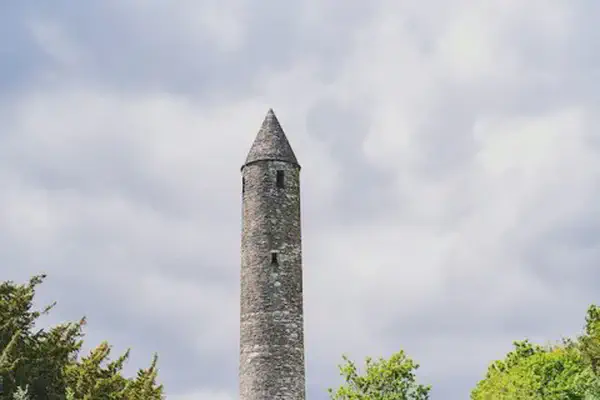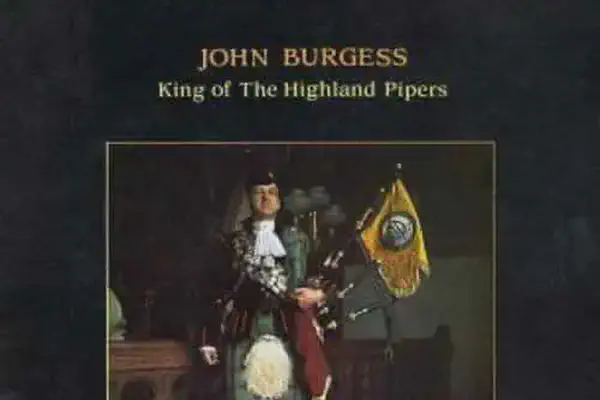On January 29, 1928 in Celtic History
Earl haig, commander in chief of british forces 1915 18, founder of the british legion, died

Field Marshal Douglas Haig, 1st Earl Haig, often known as Earl Haig, was a senior officer in the British Army. He served as the Commander-in-Chief of the British forces on the Western Front from late 1915 until the end of World War I in 1918. His role and strategies during the war, particularly in battles such as the Somme and Passchendaele, have been subject to considerable debate and scrutiny. Following his military career, he played a significant role in establishing organizations to support war veterans, including founding the British Legion.
Military Career
Haig’s career in the British Army included serving in various colonial conflicts and the Boer War. During World War I, he became Commander-in-Chief of the British Expeditionary Force (BEF) in France and Belgium.
Role in World War I
Haig’s tenure as Commander-in-Chief was marked by some of the war’s bloodiest battles, including the Battle of the Somme in 1916 and the Third Battle of Ypres (Passchendaele) in 1917. His leadership and the strategies employed in these battles have been a matter of historical debate, with criticisms focusing on the high casualty rates and perceived lack of significant territorial gains.
Post-War Contributions
After the war, Earl Haig was instrumental in setting up organizations to support war veterans. In 1921, he played a key role in founding the British Legion, formed from several ex-service organizations. The British Legion, now known as the Royal British Legion, was set up to care for those who had suffered as a result of service during the First World War.
Death
Earl Haig died on January 29, 1928, at the age of 66. His death was mourned nationally, and he was given a state funeral – a testament to his standing in the country at the time.
Legacy
Haig’s legacy is complex. On one hand, he is remembered for his role in founding the British Legion and his contribution to veteran welfare. On the other, his military leadership during World War I remains controversial, with debates centered around the efficacy of his strategies and the human cost of the battles he directed.
Commemoration
Earl Haig is commemorated in various ways, including memorials and statues. His contributions, both in his military role and his work for veterans, continue to be a subject of study and discussion in military and historical circles.
Douglas Haig’s impact on British military history and the welfare of war veterans is significant, making him a figure of enduring interest and importance in the context of World War I and its aftermath.
Related Content

Shane Patrick Lysaght MacGowan, lead singer of the Pogues, died

St Machar Day, patron saint of Aberdeen

Oíche Shamhna - Cetlic New Year Eve (Halloween)

ALBAN ELFED (Welsh Bardic name for autumn equinox)

Feast day of St. James

John Davie Burgess, King of the Highland Pipers, died at age 71.